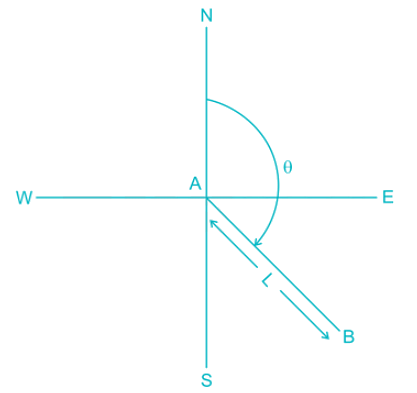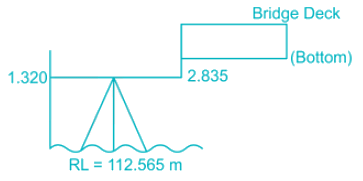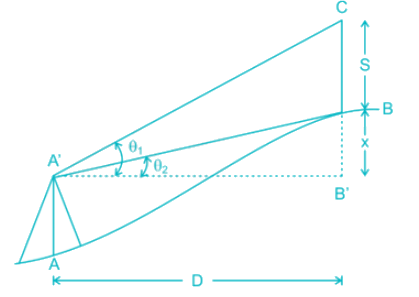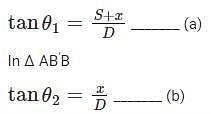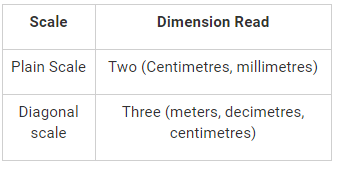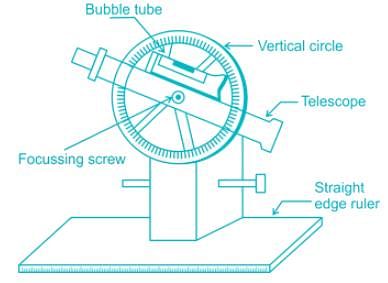Test: Surveying- 1 - Civil Engineering (CE) MCQ
20 Questions MCQ Test Mock test series of SSC JE Civil Engineering 2025 - Test: Surveying- 1
When the curve is to be set out over a rough ground, the method used is
| 1 Crore+ students have signed up on EduRev. Have you? Download the App |
The theodolite employed for Tacheometry by stadia system differs from an ordinary transit only in having the diaphragm fixed with:
When the whole circle bearing of a traverse line is between 90° and 180° then:
The horizontal angle between the true meridian and the survey line measured in a clockwise direction is called as:
Which of the following is not a temporary adjustment to a compass used for land surveying?
Which one is the CORRECT sequence for the temporary adjustment of the theodolite?
A level instrument at a height of 1.320 m has been placed at a station having a Reduced Level (RL) of 112.565 m. The instrument reads -2.835 m on a levelling staff held at the bottom of a bridge deck. The RL (in m) of the bottom of the bridge deck is
θ1 and θ2 are the angles of elevation form A to the top and bottom of a vertically held rod of length S at B. The horizontal distance AB is
The scale in which three dimensions can be measured is known as?
The instrument which is used in plane tabling for obtaining horizontal and vertical distances directly without resorting to chaining, is known as
If the vertical curve connects a 1% upgrade with 1.4% downgrade, and the rate of change of grade is to be 0.06% per 20 m stations, the length of a vertical curve is
|
1 videos|1 docs|64 tests
|
|
1 videos|1 docs|64 tests
|


